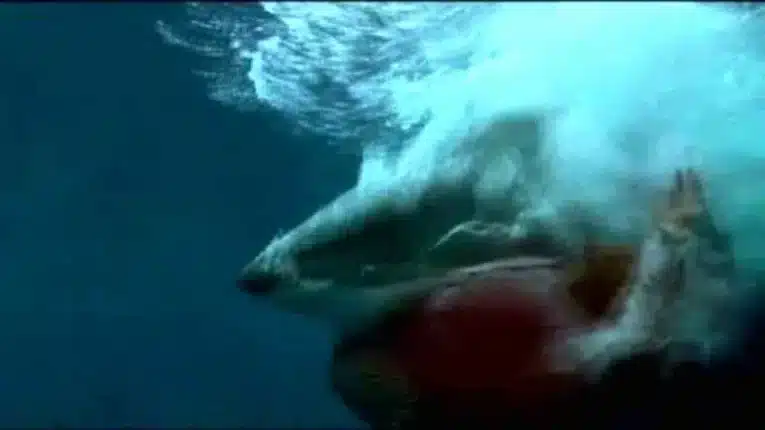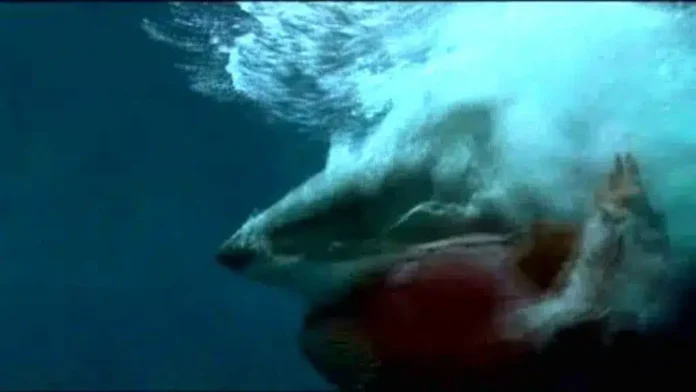
Balancing Nature and Human Lives: The Cost of
Prioritizing Sharks Over Safety
Last year, I was asked to write a review of shark
mitigation measures for a book to be published by Springer
Nature. I have only ever had one piece of research published in a
peer reviewed journal so it was a great honour to be given this
opportunity. I embraced it as enthusiastically as the Blues
Brothers embraced their own “Mission from God”.
Unfortunately, the publisher has rejected the piece. I am not
disappointed, however, since I was anticipating rejection on
account of my refusal to toe the environmental line.
I knew from the outset that I was out of my depth. So, I
contacted the NSW department of primary industries (DPI) for
guidance. The scientists at DPI are responsible for the state’s
shark mitigation program. I had already criticised the program in a
number of articles published here and elsewhere, so they didn’t
jump at the opportunity to be dragged through the mud.
I did eventually get help from an independent shark scientist. I
had initially wanted to get a co-author from each shark attack
hotspot. So, I asked a shark scientist who had written a PhD on the
shark crisis in Brazil, if he knew any surfers who might be
interested. He didn’t know anyone suitable, but offered to be a
co-author himself. He mainly just gave feedback. But, he did
actually write a conclusion, which was so antithetical to how I
felt, that I was finally able to formulate my own conclusion.
The editor liked the idea of me co-authoring the piece with
locals from each hotspot especially since the person I had chosen
to represent Reunion Island was utterly opposed to the position
held by the shark scientist from Brazil.
So, my job was to present both perspectives in a pragmatic
back-and-forth discussion.
However, I knew that I was expected to toe the environmental
line. Trying not to offend the academic establishment was a
delicate balancing act. But, this infuriated the guy on Reunion,
who couldn’t stomach what I had written and accused me of being
paid off by Sea Shepherd. I eventually dumped the idea of sharing
authorship, but the attempt had been fruitful, nonetheless.
Politics never interested me until a spate of shark attacks
occurred at my local Ballina beach next to the rivermouth in
2015 and 2016.
Two of these attacks took place while I was
surfing, one right in front of
me. Over a period of two years, twelve shark attacks
occurred along a 70 kilometre stretch of coast, eight within ten
kilometres of Ballina, four within a kilometre of the river mouth.
Two of the attacks were fatal.
Needless to say, the surfing community was traumatised, but so
too was the community at large. The ominous sounds of ambulances
and helicopters haunted the coastal strip, as journalists and film
crews kept the story in the headlines.
Just like the pandemic, we spent two years talking about nothing
else.
It mystified me that so many people seemed not to care about the
suffering caused by shark attacks. I have spent most of the last
ten years trying to understand the culture war.
The best explanation I have found is Iain McGilchrist’s book
about the two hemispheres of the brain, titled “The Master and his
Emissary”. He describes how differently the two hemispheres of the
brain operate, and how different periods in history have been
driven by one or the other side. According to McGilchrist, the West
is currently going through a phase, which is dominated by a
worldview dictated by the left hemisphere of the brain.
Another insight comes from a piece of research, which shows that
conservatives and progressives have radically different values.
The study’s survey data is
represented in the form of a “heat map”, using warm colours to
depict the priority given to one’s family, placed at the centre of
a series of concentric rings, compared to the nonhuman environment,
placed at the periphery.
Mapped onto McGilchrist’s theory, this heat map must oscillate
back and forth through the course of human history, like the
alternating phases of El Nino and La Nina concern actual heat
buildup at opposite sides of the Pacific.
I guess it will take some time for the culture to swing back the
other way.
If anyone feels like getting involved, I would suggest
contacting their local council. The NSW state government says that
they liaise with coastal councils about their preferred suite of
shark mitigation measures. There is actually an association of
coastal councils holding a conference at Mooloolaba, on the
Sunshine Coast, on 31 July and 1 August 2025. It would be great if
we could get someone representing our concerns at the conference. I
have tried discussing it with Ballina Council. Hopefully, someone
reading this will forward my effort to a like-minded
councillor.
I have also made a 17
minute video, which combines a slideshow of portraits of shark
attack fatalities with an AI generated review of the chapter,
presented in the style of a radio talk show.





